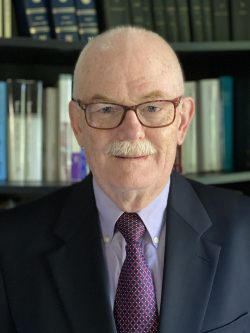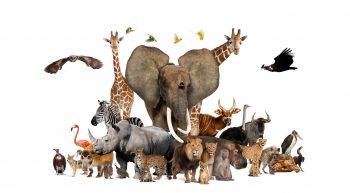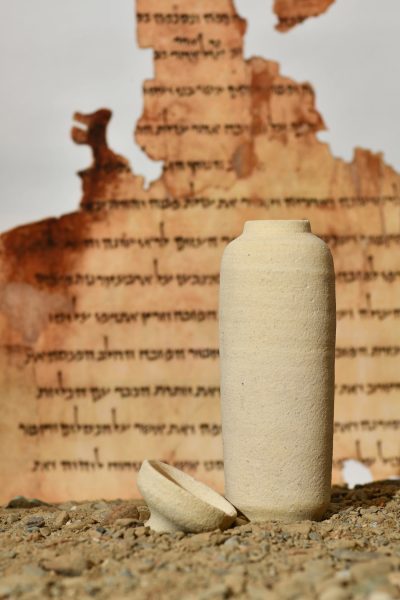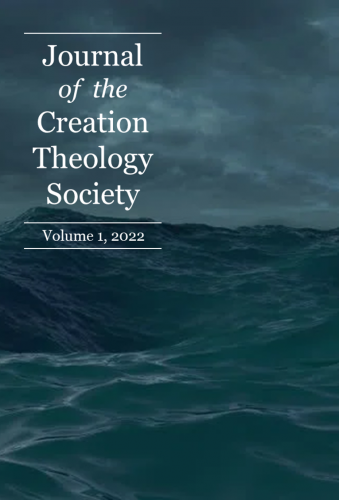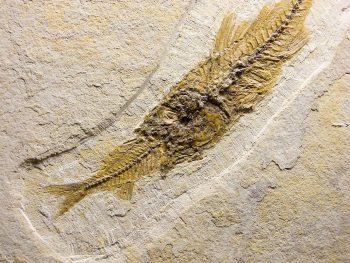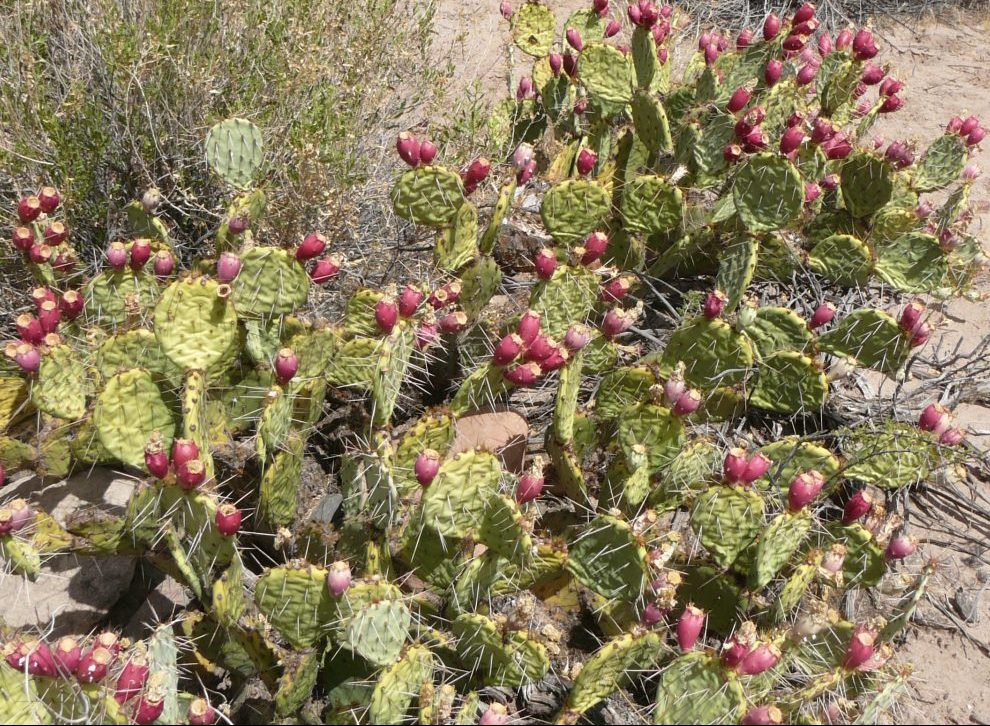For the believer in Christ, an interest in creation studies must not stop at creation but must lead us to our Savior and to the hope of a new creation that we find in Him. When we consider the events of our Lord’s passion, leading to His death and resurrection for sinners, we find some amazing connections with the early chapters of Genesis, particularly with areas that we might be tempted to skip over quickly in the text: plants and gardens.
In the last days of Christ before His crucifixion and victory over the grave, the fig (Gen 3:7; Matt 21:18–22), olive (Gen 8:11), and grape (Gen 9:20–21; Matt 26:29; John 15:1–8) — plants named or implied in Genesis 1–11 — all make an appearance. A barren fig tree is cursed (Matt 21:18–22), Christ goes to the Mount of Olives (Matt 26:30), and says that the next time He drinks the fruit of the vine will be with the disciples in His Father’s kingdom (Matt 26:29). The vine itself illustrates a lesson His disciples will need brought back to their remembrance: that, like branches, their life is dependent on Him, the true vine (John 15:1–8).
The setting of the Garden of Gethsemane (meaning ‘olive oil press’) with Christ’s agony and betrayal by Judas (Matt 26:36–46), also recalls the first garden where disobedience led to misery and death in the world (Gen 2:8–3:24).
A crown of thorns, a reminder of the ground cursed on account of man’s disobedience (Gen 3:17–19), pierces the head of our precious Savior (Matt 27:29). Whereas death and a cursed world resulted from man taking from the forbidden tree (Gen 2:15–17; 3:17–19), Christ willingly goes to the cross, thus being fastened to a tree, where He becomes a curse for our sake and dies in our place that we may receive God’s blessing (Gal 3:13).
Our Lord’s body then rests in a garden tomb (John 19:41), from which He emerges alive and which the women and disciples find empty on the first day of the week (John 20:11-18). They see Him, sorrow gives way to joy, and they become witnesses to this glorious reality (Luke 24)!
In all these examples, plants or places associated with them serve as illustrations or settings for the reality that our God became a man to enter this world He had created, to defeat sin and its consequences through death and resurrection. The resurrection of Christ, as Paul argues in 1 Corinthians 15, is what ensures that any of our labors that are done in the Lord are not in vain. Such labors include a faithful study of His Word and His world that encompasses but is not limited to creation. Because Christ is risen, creation matters–and we have a hope in a new creation!


